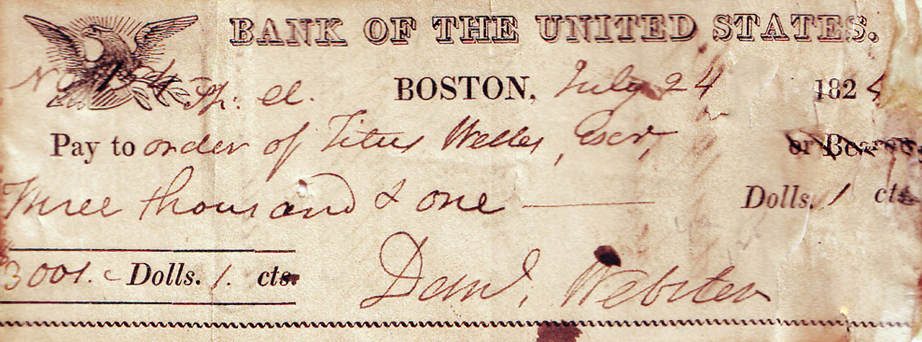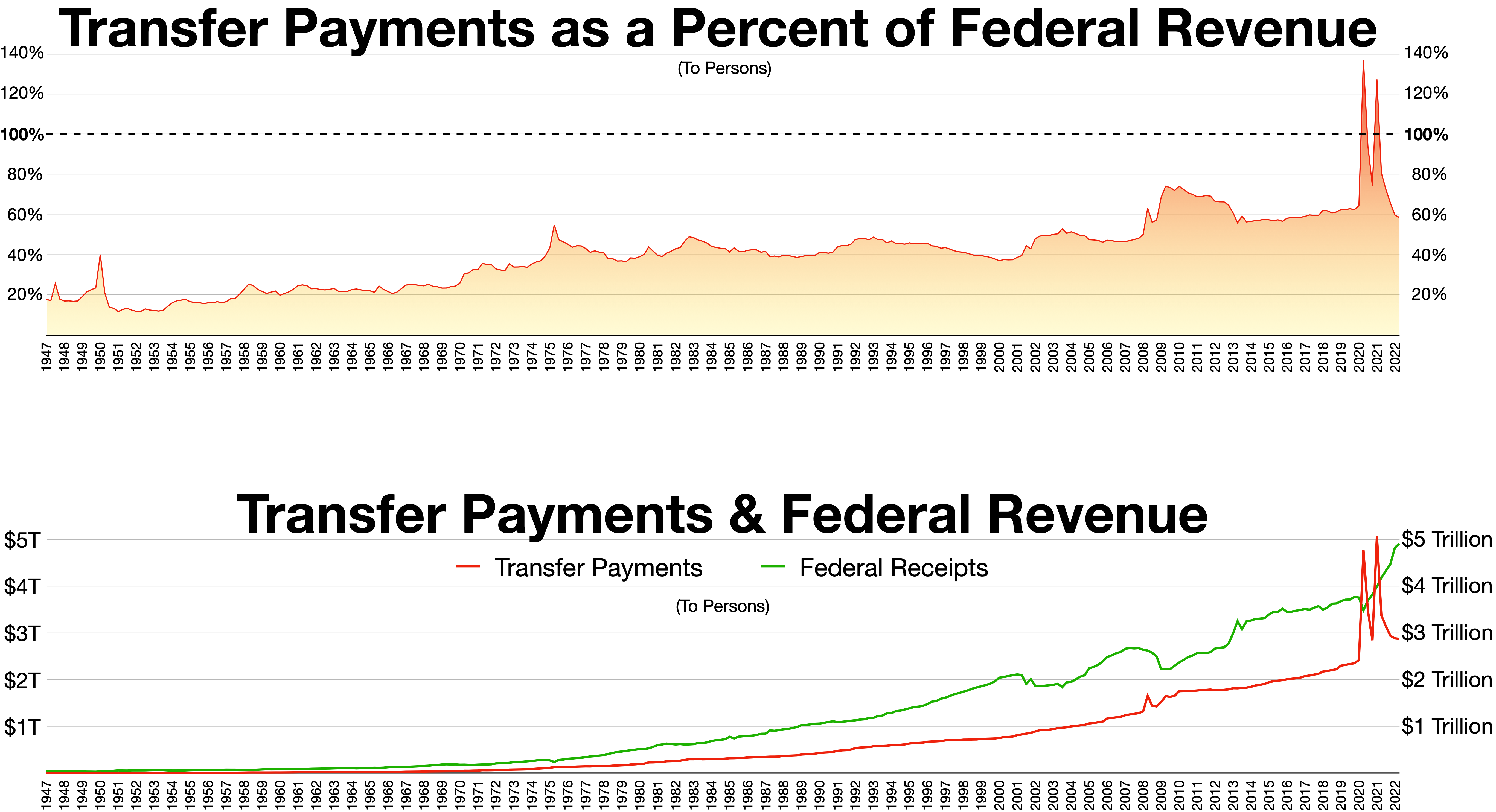|
Lemon Socialism
Lemon socialism is a pejorative term for a form of government intervention in which government subsidies go to weak or failing firms (''lemons''; see Lemon law), with the effective result that the government (and thus the taxpayer) absorbs part or all of the recipient's losses. The term derives from the conception that in socialism the government may nationalize a company in its entirety, while in lemon socialism the company is allowed to keep its profits but its losses are shifted to the taxpayer. Such payments may be made with the intent of preventing further, systemic damage to what might otherwise be considered a free marketplace. For example, the bailout that followed the 2008 financial crisis may be described as lemon socialism. The pejorative arises from the belief among free market economists that in a functional free market, failing companies would be replaced by better functioning companies in response to market demand. The term may also be used to describe governme ... [...More Info...] [...Related Items...] OR: [Wikipedia] [Google] [Baidu] |
Nationalization
Nationalization (nationalisation in British English) is the process of transforming privately-owned assets into public assets by bringing them under the public ownership of a national government or state. Nationalization usually refers to private assets or to assets owned by lower levels of government (such as municipalities) being transferred to the state. Nationalization contrasts with privatization and with demutualization. When previously nationalized assets are privatized and subsequently returned to public ownership at a later stage, they are said to have undergone renationalization. Industries often subject to nationalization include the commanding heights of the economy – telecommunications, electric power, fossil fuels, railways, airlines, iron ore, media, postal services, banks, and water – though, in many jurisdictions, many such entities have no history of private ownership. Nationalization may occur with or without financial compensation to the former owners. ... [...More Info...] [...Related Items...] OR: [Wikipedia] [Google] [Baidu] |
Second Bank Of The United States
The Second Bank of the United States was the second federally authorized Hamiltonian national bank in the United States. Located in Philadelphia, Pennsylvania, the bank was chartered from February 1816 to January 1836.. The Bank's formal name, according to section 9 of its charter as passed by Congress, was "The President Directors and Company of the Bank of the United States". While other banks in the US were chartered by and only allowed to have branches in a single state, it was authorized to have branches in multiple states and lend money to the US government. A private corporation with public duties, the Bank handled all fiscal transactions for the U.S. Government, and was accountable to Congress and the U.S. Treasury. Twenty percent of its capital was owned by the federal government, the Bank's single largest stockholder.. Four thousand private investors held 80 percent of the Bank's capital, including three thousand Europeans. The bulk of the stocks were held by a few hundr ... [...More Info...] [...Related Items...] OR: [Wikipedia] [Google] [Baidu] |
Regulatory Capture
In politics, regulatory capture (also agency capture and client politics) is a form of corruption of authority that occurs when a political entity, policymaker, or regulator is co-opted to serve the commercial, ideological, or political interests of a minor constituency, such as a particular geographic area, industry, profession, or ideological group. When regulatory capture occurs, a special interest is prioritized over the general interests of the public, leading to a net loss for society. The theory of client politics is related to that of rent-seeking and political failure; client politics "occurs when most or all of the benefits of a program go to some single, reasonably small interest (e.g., industry, profession, or locality) but most or all of the costs will be borne by a large number of people (for example, all taxpayers)". Theory For public choice theorists, regulatory capture occurs because groups or individuals with high-stakes interests in the outcome of policy or re ... [...More Info...] [...Related Items...] OR: [Wikipedia] [Google] [Baidu] |
Gresham's Law
In economics, Gresham's law is a monetary principle stating that "bad money drives out good". For example, if there are two forms of commodity money in circulation, which are accepted by law as having similar face value, the more valuable commodity will gradually disappear from circulation. The law was named in 1860 by economist Henry Dunning Macleod after Sir Thomas Gresham (1519–1579), an English financier during the Tudor dynasty. Gresham had urged Queen Elizabeth to restore confidence in then-debased English currency. The concept was thoroughly defined in medieval Europe by Nicolaus Copernicus and known centuries earlier in classical Antiquity, the Middle East and China. "Good money" and "bad money" Under Gresham's Law, "good money" is money that shows little difference between its nominal value (the face value of the coin) and its commodity value (the value of the metal of which it is made, often precious metals, nickel, or copper). In the absence of legal-tende ... [...More Info...] [...Related Items...] OR: [Wikipedia] [Google] [Baidu] |
Crony Capitalism
Crony capitalism, sometimes called cronyism, is an economic system in which businesses thrive not as a result of free enterprise, but rather as a return on money amassed through collusion between a business class and the political class. This is often achieved by the manipulation of relationships with state power by business interests rather than unfettered competition in obtaining permits, government grants, tax breaks, or other forms of state intervention over resources where business interests exercise undue influence over the state's deployment of public goods, for example, mining concessions for primary commodities or contracts for public works. Money is then made not merely by making a profit in the market, but through profiteering by rent seeking using this monopoly or oligopoly. Entrepreneurship and innovative practices which seek to reward risk are stifled since the value-added is little by crony businesses, as hardly anything of significant value is created by them, wit ... [...More Info...] [...Related Items...] OR: [Wikipedia] [Google] [Baidu] |
Corporate Welfare
Corporate welfare is a phrase used to describe a government's bestowal of money grants, tax breaks, or other special favorable treatment for corporations. The definition of corporate welfare is sometimes restricted to direct government subsidies of major corporations, excluding tax loopholes and all manner of regulatory and trade decisions. Origin of term The term "corporate welfare" was reportedly coined in 1956 by Ralph Nader. Alternative adages "Socialism for the rich, capitalism for the poor" Believed to have been first popularised by Michael Harrington's 1962 book ''The Other America'' in which Harrington cited Charles Abrams, a noted authority on housing. Variations on this adage have been used in criticisms of the United States' economic policy by Joe Biden, Martin Luther King Jr., Gore Vidal, Joseph P. Kennedy II, Robert F. Kennedy, Jr., Dean Baker, Noam Chomsky, Robert Reich, John Pilger, Bernie Sanders, and Yanis Varoufakis. "Privatizing profits and social ... [...More Info...] [...Related Items...] OR: [Wikipedia] [Google] [Baidu] |
Landsbanki
Landsbanki (literally "national bank"), also commonly known as Landsbankinn (literally "the national bank") which is now the name of the current rebuilt bank (here called "New Landsbanki"), was one of the largest Icelandic commercial banks that failed as part of the 2008–2011 Icelandic financial crisis when its subsidiary sparked the Icesave dispute. On October 7, 2008, the Icelandic Financial Supervisory Authority took control of Landsbanki and created a new bank for all the domestic operations called Nýi Landsbanki (new Landsbanki) so that the domestic bank could continue to operate, the new bank continued to operate under the Landsbanki name in Iceland. [...More Info...] [...Related Items...] OR: [Wikipedia] [Google] [Baidu] |
Crony Capitalism
Crony capitalism, sometimes called cronyism, is an economic system in which businesses thrive not as a result of free enterprise, but rather as a return on money amassed through collusion between a business class and the political class. This is often achieved by the manipulation of relationships with state power by business interests rather than unfettered competition in obtaining permits, government grants, tax breaks, or other forms of state intervention over resources where business interests exercise undue influence over the state's deployment of public goods, for example, mining concessions for primary commodities or contracts for public works. Money is then made not merely by making a profit in the market, but through profiteering by rent seeking using this monopoly or oligopoly. Entrepreneurship and innovative practices which seek to reward risk are stifled since the value-added is little by crony businesses, as hardly anything of significant value is created by them, wit ... [...More Info...] [...Related Items...] OR: [Wikipedia] [Google] [Baidu] |
Icelandic Language
Icelandic (; is, íslenska, link=no ) is a North Germanic language spoken by about 314,000 people, the vast majority of whom live in Iceland, where it is the national language. Due to being a West Scandinavian language, it is most closely related to Faroese, western Norwegian dialects, and the extinct language, Norn. The language is more conservative than most other Germanic languages. While most of them have greatly reduced levels of inflection (particularly noun declension), Icelandic retains a four- case synthetic grammar (comparable to German, though considerably more conservative and synthetic) and is distinguished by a wide assortment of irregular declensions. Icelandic vocabulary is also deeply conservative, with the country's language regulator maintaining an active policy of coining terms based on older Icelandic words rather than directly taking in loanwords from other languages. Since the written language has not changed much, Icelandic speakers can read classic ... [...More Info...] [...Related Items...] OR: [Wikipedia] [Google] [Baidu] |




